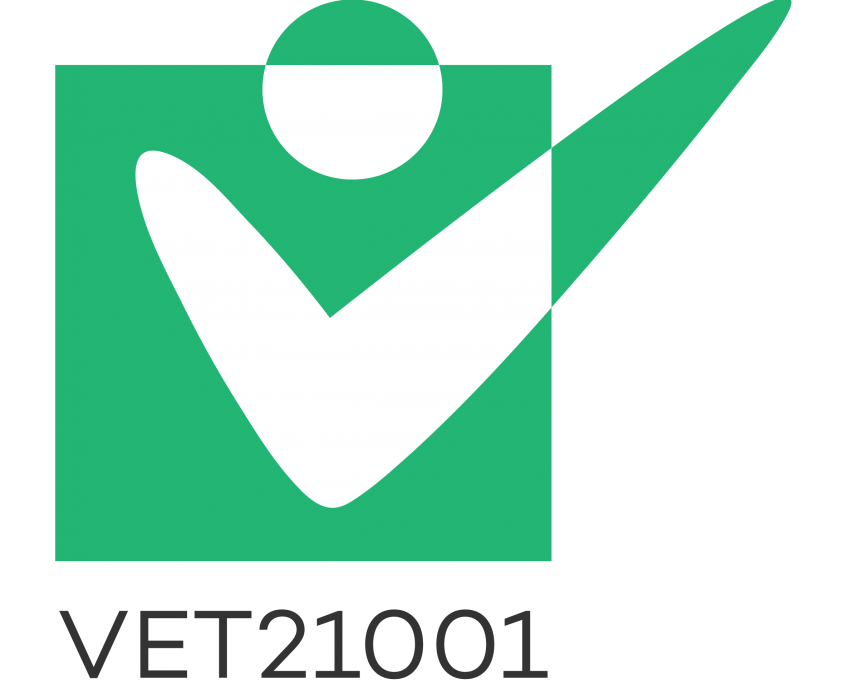ISO 21001-EQAVET System Manager – CURRICULUM RECOMMENDATIONS
An ISO 21001-EQAVET System Manager is a professional qualified to implement a management system (based on the criteria contained in EQAVET and in ISO 21001) in educational organizations, manage its processes and continuously improve them.
RECOMMENDED PEDAGOGIC MATERIALS (READ-WATCH) & LEARNING ACTIVITIES (DO)
READ
WATCH
DO
European Parliament and Council (2020). ANNEX II – The EQAVET Framework. In Council Recommendation of 24 November 2020 on vocational education and training (VET) for sustainable competitiveness, social fairness and resilience 2020/C 417/01. Available at: https://eur-lex.europa.eu/legal-content/EN/TXT/?uri=CELEX:32020H1202(01)
ISO/PC 288/WG 1 (2018). ISO 21001 Educational organizations — Management systems for educational organizations — Requirements with guidance for use. Available at: https://www.iso.org/standard/66266.html
ISO/TC 176/SC 3 (n/d). ISO 1000x Series. Available at: https://www.iso.org/committee/53934/x/catalogue
UNECE (2020). Module 2 “Reach Out – Do we have enough Safety Nets?”. In UNECE Course “Building a resilient business: Standards Implementation for Boosting Micro, Small and Medium Enterprises’ Resilience”. Available at: https://online.atingi.org/enrol/index.php?id=846
VET21001 consortium (2022). VET21001 Toolkit. Available at: https://vet21001.eu/vet21001-toolkit/
A world without Quality Infrastructure
The 7 Quality Control (QC) Tools Explained with an Example!
New 7 QC Tools | 7 Management and Planning Tools [A Step-by-Step Walkthrough]
Lean Six Sigma In 8 Minutes | What Is Lean Six Sigma? | Lean Six Sigma Explained
5S Methodology | What Is 5S Methodology? | 5S Methodology Explanation
SMART Goals – Quick Overview
After having completed the suggested readings and watching, the templates provided in the VET21001 Toolkit can be used by learners to train its handling and implementation, under the supervision of educators.
In courses with a longer duration, this can be done through the implementation of the templates in real contexts – e.g. in the educational organizations where the learners work (if employed in the sector) or in educational organizations that are partners to the organization delivering the course based on this curriculum and that, under that partnership, provide work-based learning experiences to the learners.
In courses with a shorter duration, this can be done through the implementation of the templates in one or more mock case(s) provided by the educator. Learners can work in groups and educators can use the clusters’ approach to distribute selected templates to each group to apply to the mock case. Educators can then use the flip classroom method for learners to present their group work and the peer discussions method to clarify any doubts and correct any misunderstandings, in order to consolidate the learning achieved.
To download a PDF version of this Curriculum, click here.





